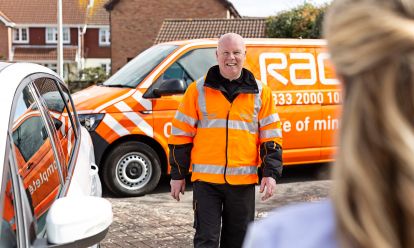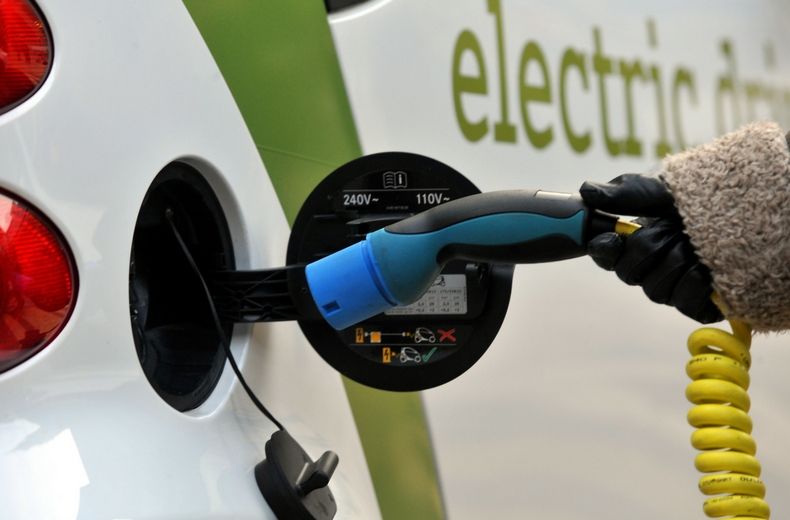Companies such as Barratt Developments, Vistry Group, Berkeley Group and Taylor Wimpey tried to stop the Government from introducing the rules.
Originally discovered by The Guardian through its review of official consultation documents, the large construction firms were trying to halt the Government’s goal of advancing the road to an electric future.
Encouraging businesses and individuals to make the switch to an EV from fossil fuel powered vehicles is seen by scientists and the Government as a major step in challenging climate change – and reaching Net Zero by 2050.
In recent years, there has been investments and public support to make EVs more appealing to drivers – and even last month, further funding was announced to make more public chargepoints available across the UK.
This support is in stark contrast to the FTSE100 giants who originally opposed the plans to make charges available in new homes in England.
Initially announced by then Prime Minister Boris Johnson in November 2021, the aim was to have more than 145,000 chargepoints installed in new homes.
The objection from the housebuilders was due to rising costs in installing the chargers – meaning fewer new homes would be built.
They also argued that mandating installation could mean that homeowners would be stuck with outdated technology in the years ahead, and that the EV models they drive could limit the selection of vehicles that could use the home chargers.
Matt Finch, Transport & Environment’s UK policy manager, commented: “It’s absurd that housebuilders attempted to hold back progress and slow down the drive to net zero.
“In the future, all cars will be electric, and futureproofing new homes with charging infrastructure is an obvious step to take.
“The government should be applauded for resisting these blatant lobbying efforts.”
Installing a home charger is viewed as an important step in tackling the climate crisis.
Electric car charging at home is easier than you might think. With around 80% of EV charging takes place at home, using a home EV charger is becoming increasingly commonplace.
Do you think this is a good introduction to housebuilding in England? Is an EV charger important to you when looking for a new home? Please leave your comments below.
RAC Breakdown Cover
Join the RAC and get breakdown cover. Our patrols fix 4 out of 5 vehicles on the spot, with repairs done in just 30 minutes on average.









